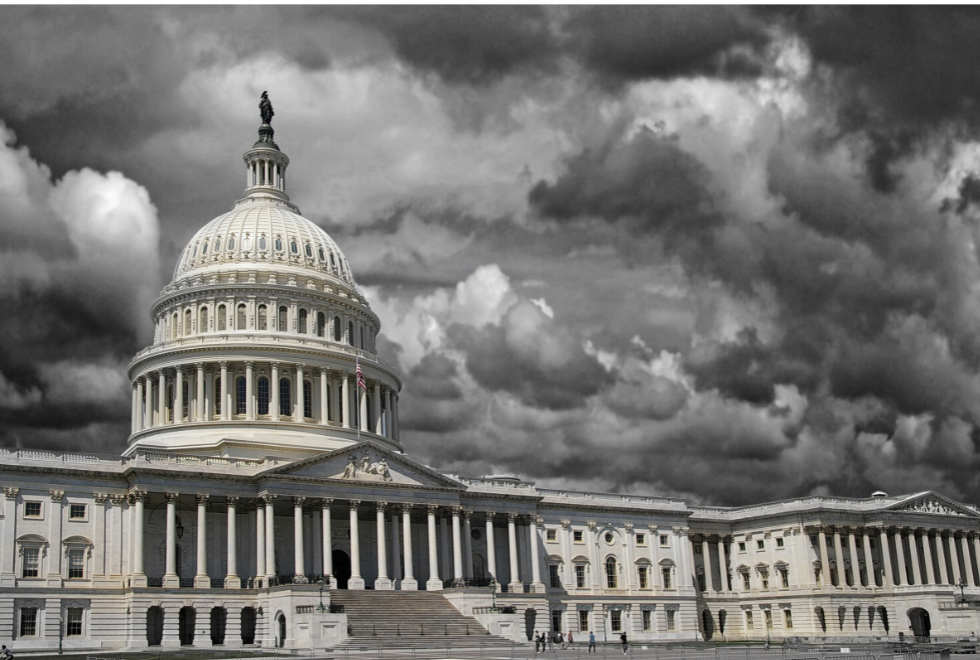
Today’s showdown over the White House’s attempt to freeze funds already approved by Congress echoes a similar battle waged by Clean Water Action and allies in the past. Back then, Clean Water Action – and the rule of law – prevailed.
In January 1974, not long after he vetoed the original Clean Water Act (the veto was overridden by bipartisan majorities in Congress), President Nixon attempted to freeze $9 billion in federal Clean Water Act funds. The funding was authorized and appropriated by Congress and intended to help states and communities invest in sewage treatment construction and upgrades. The spending was consistent with the Clean Water Act goal of ending discharge of raw, untreated sewage into the nation’s rivers, lakes, streams and coastal waters.
Clean Water Action and allies mounted an immediate legal challenge to Nixon’s illegal funding freeze (technical term, “impoundment”). The case went all the way to the U.S. Supreme Court, which ruled unanimously in February 1975 (Train v City of New York) that the president – no president – has the right to impound those funds, because when passing the law, Congress did not explicitly give the president that right.
This decision was reinforced by passage of the 1974 Impoundment Control Act and affirmed by not only the U.S. Supreme Court, but also the Department of Justice and the Government Accountability Office: there is “no inherent presidential power to impound.”
Recent White House actions to halt distribution of funds already committed by the Congress directly violate this longstanding precedent and the law. They should be blocked and may ultimately be overturned by the courts.
Clean Water Action remains committed to ensuring that the federal government makes good on its legally binding, congressionally authorized commitments to states and communities. The White House and Environmental Protection Agency must deliver promised investments in clean water, clean air, and other programs that protect the environment and our health.
Keep our Clean Water Laws strong and effective.


